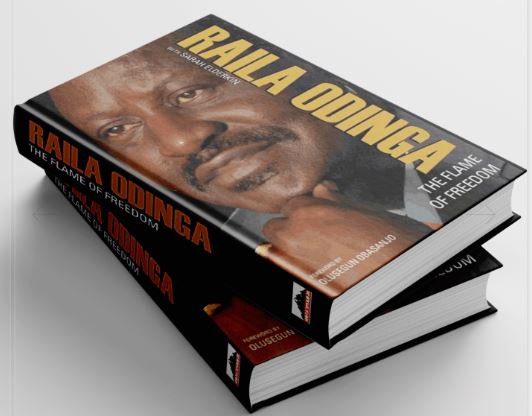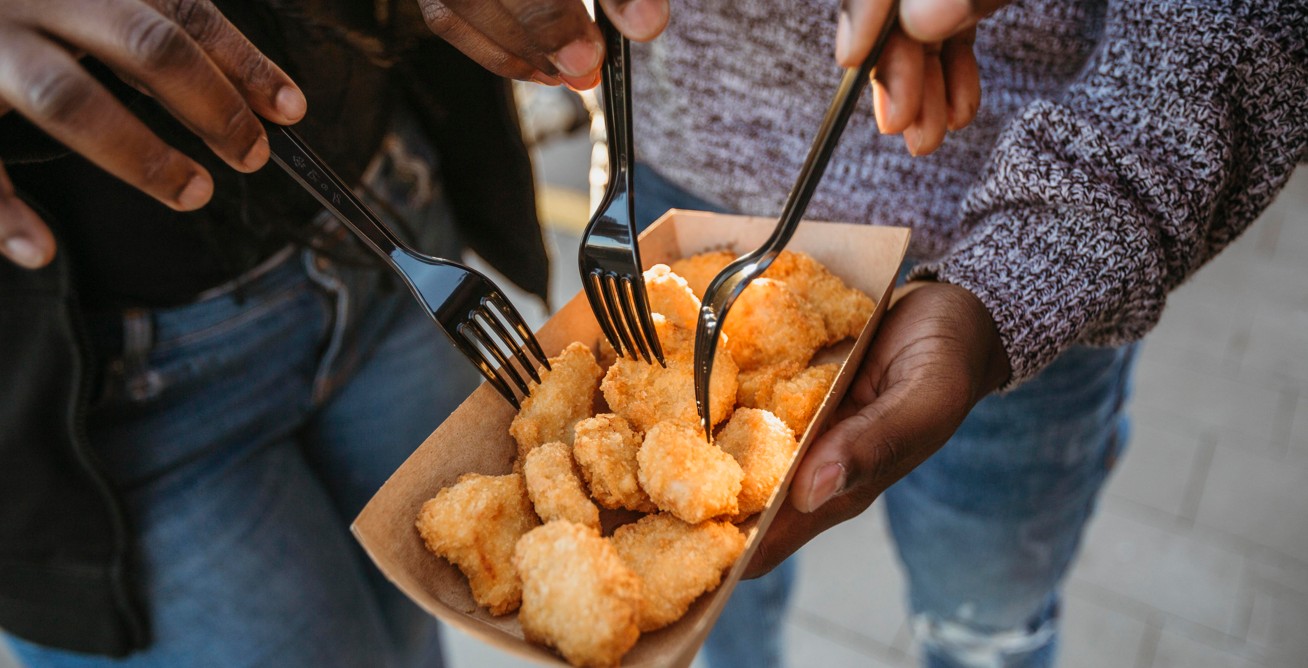The Flame of Freedom: Raila Odinga's memoir of pain and sacrifice

The most heartbreaking chapters of Odinga's memoir are about his detention and suffering from electoral defeats.
"It was the maternity ward at Maseno Hospital that witnessed my arrival in the world, on January 7, 1945," writes Former Prime Minister Raila Odinga in his autobiography with Sarah Elderkin, Raila Odinga: The Flame of Freedom.
It is Odinga's foremost book amongst many publications about his life, career, education and politics.
More To Read
- I feared for my life due to planned attacks: Gachagua on why he skipped Raila’s State funeral
- Nairobi County Assembly pays emotional tribute to Raila’s enduring influence
- From India to Kasarani: The untold story of Raila Odinga’s final journey home
- Raila’s grave becomes political pilgrimage site as leaders vie for his legacy
- Four suspects arrested as detectives recover firearm stolen from GSU officer during Raila’s funeral
- ODM meets families of victims killed during Raila Odinga’s body viewing
In the book, Raila's early life is marked by consciousness about freedoms and civic liberty. Even in his college years in Magdeburg, Germany, where he studied Engineering, Odinga kept active on the matters of rights and freedoms.
The most heartbreaking chapters of Odinga's memoir are about his detention and suffering from electoral defeats. He narrates the detention of his late father, Jaramogi Oginga Odinga, with utmost nostalgia, while his with grit and stoicism.
"As soon as Jaramogi was released, the state embarked on a new round of propaganda, asking what the future held for Oginga Odinga. Articles in the media speculated that his political career might be at an end and drew perceived contrasts between his tenure as MP for Bondo and that of William Odongo Omamo," wrote Raila in the book's eighth chapter on Jaramogi's release and after his release between 1971 to 1975.
Odinga's recollection of events around the 1982 attempted coup against former President Daniel Moi is also chilling. He was charged with loaning senior Private Hezekiah Ochuka his Peugeot 504, registration number KVZ 642, to assist him in making preparations to overthrow the government.
Among the many accusations in the charge sheet before the court, one read, "Raila Amolo Odinga and Otieno Mak'Onyango: On July 31, 1982, went to Mausoleum Bar in Buru Buru Estate in Nairobi to discuss plans to overthrow the government with Senior Private Hezekiah Ochuka and other servicemen from the Kenya Air Force."
He captures the struggle for the second liberation with clarity. Detentions, torture, enforced disappearances, and brutality describe what the regime of Moi knew best in silencing dissent.
The epitome or hallmark of his narration is perhaps in chapter 31, where he narrates the events of 2007. " That morning, I rose early and did my usual gym exercises before having breakfast with Ida. We switched on the television, and KBC, KTN, Citizen and NTV were all transmitting live pictures showing long queues of people waiting to vote in different parts of the country. Turnout was going to be high," Odinga noted of the contest that turned out to be the bloodiest in Kenya's history.
Odinga's foremost chapter in his book is also about the Grand Coalition Government with former President Mwai Kibaki. He reminisces about the power-sharing that proved problematic as the Party of National Unity (PNU) continued to claim supremacy, and portfolio-sharing negotiations that ended with a bloated cabinet.
"Next came the question of forming the Cabinet. The National Accord stated simply that Cabinet posts would be shared on a 50 - 50 basis, while ensuring portfolio balance. What is balance? It was all rather vague. The Accord did not speak of the size of the Cabinet or the number of ministries and their categorisations, so the first thing we had to do was to agree on those issues," wrote Odinga.
Towards his sunset, Odinga carved a political career that could be described as chequered. The many handshakes he had with four presidents of the country exposed him to public debates that regarded him in equal measure as a hero or a villain.
Top Stories Today














































